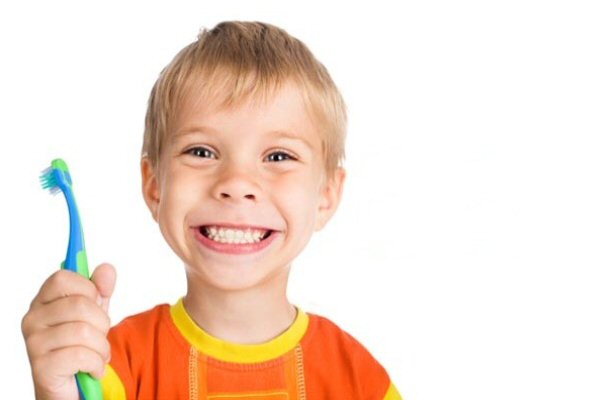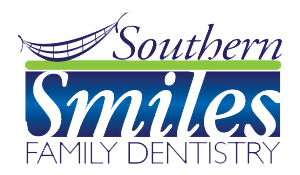Children’s Dentistry Q&A
Q. When should my child first see a dentist?
A: “First visit by first birthday” sums it up. Your child should visit a pediatric dentist when the first tooth comes in, usually between six and twelve months of age. Early examination and preventive care will protect your child’s smile now and in the future.
Q. Why so early? What dental problems could a baby have?
A: The most important reason is to begin a thorough prevention program. Dental problems can begin early. A big concern is Early Childhood Caries (also known as baby bottle tooth decay or nursing caries). Your child risks severe decay from using a bottle during naps or at night or when they nurse continuously from the breast.
The earlier the dental visit, the better the chance of preventing dental problems. Children with healthy teeth chew food easily, learn to speak clearly, and smile with confidence. Start your child now on a lifetime of good dental habits.

Q. How can I prevent tooth decay from a bottle or nursing?
A: Encourage your child to drink from a cup as they approach their first birthday. Children should not fall asleep with a bottle. At-will nighttime breastfeeding should be avoided after the first primary (baby) teeth begin to erupt. Drinking juice from a bottle should be avoided. When juice is offered, it should be in a cup.
Q. When should bottle-feeding be stopped?
A: Children should be weaned from the bottle at 12-14 months of age.
Q. Should I worry about thumb and finger sucking?
A: Thumb sucking is perfectly normal for infants; most stop by age 2. If your child does not, discourage it after age 4. Prolonged thumb sucking can create crowded, crooked teeth, or bite problems. Your pediatric dentist will be glad to suggest ways to address a prolonged thumb-sucking habit.
Q. When should I start cleaning my baby’s teeth?
A: The sooner the better! With the eruption of the first teeth, clean your child’s gum with a soft infant toothbrush. For children under 2 years old, use only a smear of fluoridated toothpaste. For children over 2, a pea-sized amount of fluoridated toothpaste should be used. Remember that most children under 7 years of age do not have the dexterity to brush their teeth effectively, so work with your child to teach good brushing habits.
Q. Any advice on teething?
A: From six months to age 3, your child may have sore gums when teeth erupt. Many children like a clean teething ring, cool spoon, or cold wet washcloth. Some parents swear by a chilled ring; others simply rub the baby’s gums with a clean finger.
